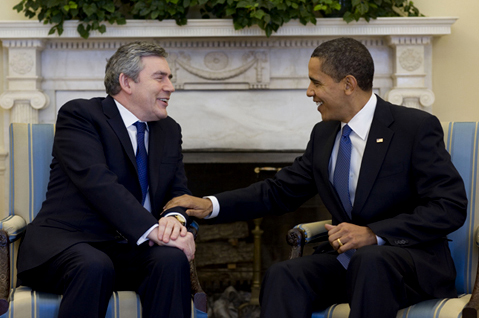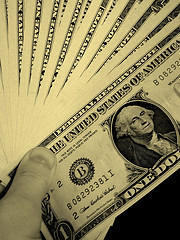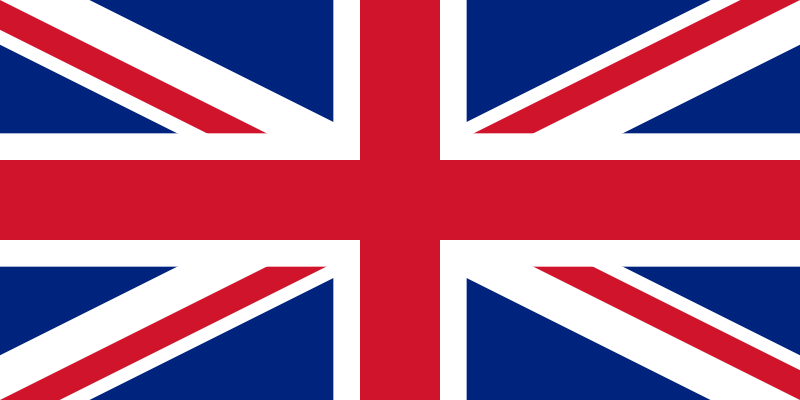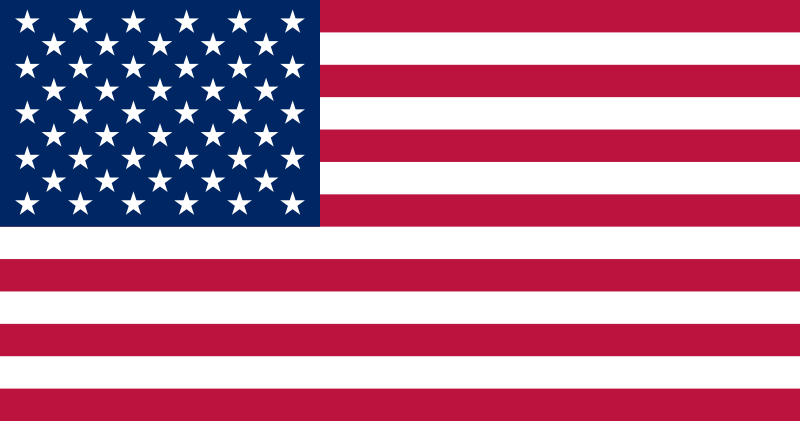4. The Statue of Liberty's elevator broke down
Just the same way as Spanish is different in Spain and Latin America, so there are differences in pronunciation and vocabulary between British and American English. Sometimes it may be funny. Anyhow, it is a good way to enlarge your vocabulary.
Watch the video about British and American English vocabulary and complete the gaps with these words:
crisps, soda, elevator,pants, french fries, movie
|
British English |
American English |
| trousers | |
| chips | |
| chips |
|
| lift | |
| film | |
| fizzy drink |
|
| sidewalk |
From the context , try to guess the equivalent of these American English underlined words/phrases are in British English:
1) We went on vacation to Florida last month.
2) Can I use the eraser? I've made a mistake.
3) She gave him nothing for his birthday. She's rather mean!
4) "Atchoo!" "Gesundheit!"
5) My brother takes the subway to work everyday.
6) After drinking 3 beers, he asked the waitress where the restroom was.
|
a) Post Office.
| |
|
b) Mail Office.
|
|
a) one-way
| |
|
b) single.
|
|
a) french fries
| |
|
b) chips
|
|
a) pavement
| |
|
b) sidewalk
|
The English language was first introduced to the American people by British colonization, beginning in the early 17th century. Similarly, the language spread to numerous other parts of the world as a result of British trade and colonization elsewhere and the spread of the former British Empire, which, by 1921, held sway over a population of about 470–570 million people: approximately a quarter of the world's population at that time.
 |
| By Pete Souza. Public domain. |
Over the past 400 years, the form of the language used in the Americas—especially in the United States—and that used in the British Isles have diverged in a few minor ways, leading to the dialects now occasionally referred to as American English and British English. Differences between the two include pronunciation, grammar, vocabulary (lexis), spelling, punctuation, idioms, formatting of dates and numbers, and so on, although the differences in written and most spoken grammar structure tend to be much more minor than those of other aspects of the language in terms of mutual intelligibility. A small number of words have completely different meanings between the two dialects or are even unknown or not used in one of the dialects. One particular contribution towards formalizing these differences came from Noah Webster, who wrote the first American dictionary (published 1828) with the intention of showing that people in the United States spoke a different dialect from Britain, much like a regional accent.
Nevertheless, it remains the case that although spoken American and British English are generally mutually intelligible, there are enough differences to cause occasional misunderstandings or at times embarrassment – for example, some words that are quite innocent in one dialect may be considered vulgar in the other.
Taken from Wikipedia.


